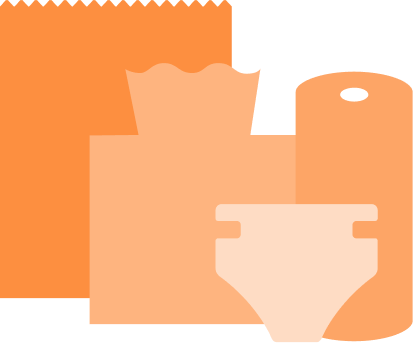-
Company
-
151 Years in Business
Since 1872, Kimberly-Clark’s 45,000 employees around the world are...
Keep Reading -
Company
Explore All
-
-
Brands
-
Our Safety Commitment
Kimberly-Clark has a long history of providing products that improve the health, hygiene, and well-being of people everywhere.
Keep Reading -
Brands
Explore All Brands
-
-
Investors
-
2022 Annual Report
Fueled by ingenuity, creativity, and an understanding of people’s most essential needs, Kimberly-Clark and its trusted brands are an indispensable part of life for people in more than 175 countriesl...
Keep Reading -
Investors
Explore All
-
-
Sustainability
-
Purpose-Led Brands Making Lives Better
Kimberly-Clark and its trusted brands, including Huggies®, Kleenex®, Andrex®, Cottonelle®, Scott®, Kotex® and...
Keep Reading -
Sustainability
Explore All
-
-
Careers
-
Inclusion and Diversity
For more than a century we’ve thrived as an organization by helping individuals thrive through the talents and energy that make them unique...
Keep Reading -
Careers
Explore All
-
-
Newsroom
-
Kimberly-Clark Ranked No. 2 on Barron’s 100 Most Sustainable Companies List for 2024
As we continue to make progress toward our global goal to halve our environ-mental footprint by 2030, we impro...
Keep Reading -
Newsroom
Explore All
-
-

- Global Locations


